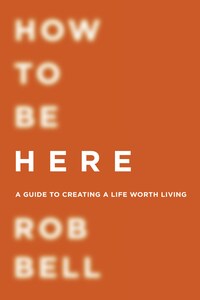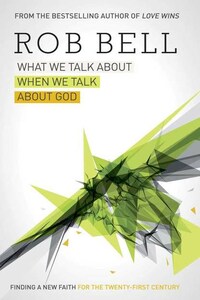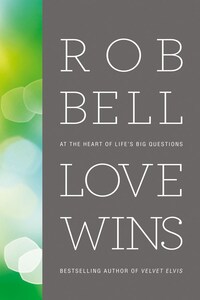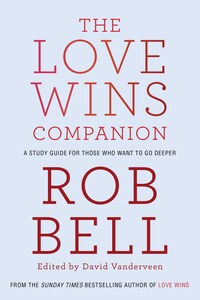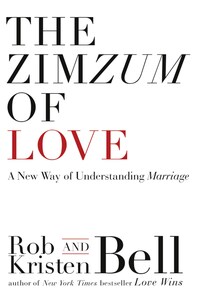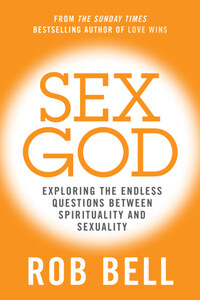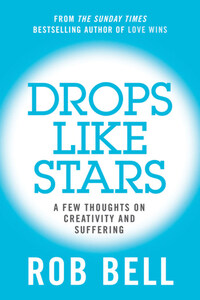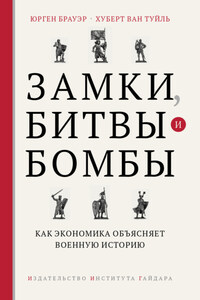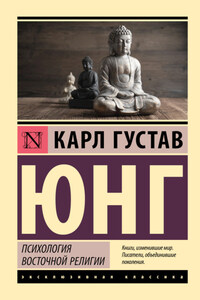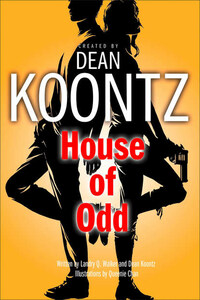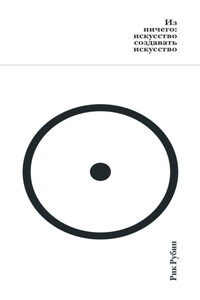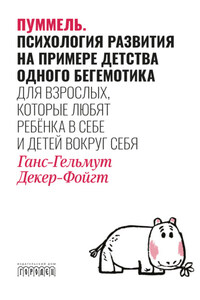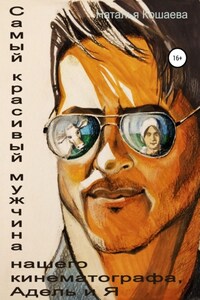William Collins
An imprint of HarperCollinsPublishers
1 London Bridge Street
London SE1 9GF
WilliamCollinsBooks.com
This eBook edition first published in Great Britain by William Collins in 2016
First published in the United States in 2016 by HarperOne
Copyright © WORB, Inc., 2016
Rob Bell asserts the moral right to be identified as the author of this work
A catalogue record for this book is available from the British Library
Cover design: Baas Creative
All rights reserved under International and Pan-American Copyright Conventions. By payment of the required fees, you have been granted the non-exclusive, non-transferable right to access and read the text of this e-book on-screen. No part of this text may be reproduced, transmitted, down-loaded, decompiled, reverse engineered, or stored in or introduced into any information storage and retrieval system, in any form or by any means, whether electronic or mechanical, now known or hereinafter invented, without the express written permission of HarperCollins.
Source ISBN: 9780007591343
Ebook Edition © March 2016 ISBN: 9780007591336
Version: 2017-03-07
You are something the whole universe is doing in the same way that a wave is something that the whole ocean is doing.
—Alan Watts
I once had an idea for a book.
I’d never written a book.
I was a pastor at the time and I’d been giving sermons week after week and I noticed that certain ideas and stories seemed to connect with people in a unique way. I began to see themes and threads and wondered whether I could bring them together to make something people would read and pass along to their friends. I already had a job, so I figured the only way to write a book was to hire a stenographer—the person who sits in a courtroom and records everything that is said during a trial—and speak the book out loud in one sitting while he typed what I said.
So that’s what I did. I stood there in a room and I spoke the book out loud while KevinTheStenographer typed away. It took an entire day.
And it was awful. Seriously—it was so bad.
There was a moment in the middle of the afternoon when I was talking and suddenly I realized that I wasn’t even listening to what I was saying. I had somehow managed to stop paying attention to myself.
A few days later Kevin sent me the typed manuscript of what I’d said and I started reading it, but it was like a mild form of torture. It just didn’t work.
It was my words, but it wasn’t me, if that makes sense.
All of which led me to the shocking realization that if I was going to write a book, I was going to have to actually write a book.
Which sounds obvious, but at the time it was a revelation.
I remember sitting down at my desk, opening up a new word-processing document, and staring at that blank page with that blinking line in the upper left-hand corner. I wasn’t prepared for how intimidating it would be. Other people are writers—actual, you know, authors. And there are lots of them, many who have been doing it for years.
I thought about Christopher Moore’s book about Biff the thirteenth disciple
and Annie Dillard’s line about physics labs
and everything Nick Hornby has ever written
and Dorothy Sayers’s words about Trinitarian creativity
and anything by Dave Eggers …
I was now going to try and do that? The blinking line on that blank page kept blinking, like it was taunting me.
There’s a reason it’s called a cursor.
We all have a blinking line.
Your blinking line is whatever sits in front of you waiting to be brought into existence.
It’s the book
or day
or job
or business
or family
or mission
or class
or plan
or cause
or meeting
or task
or project
or challenge
or phone call
or life that is waiting for you to bring it into being.
Do you see your life as something you create?
Or do you see your life as something that is happening to you?
The blinking line raises a compelling question: What are we here for?
For many people, the world is already created.
It’s a fixed, static reality—set in place, previously established, done. Or to say it another way: finished.
Which usually leads to the question: What’s the point of any of this?
But when we’re facing the blinking line and we talk about bringing something new into existence, we’re expressing a different view of the world, one in which the world is
